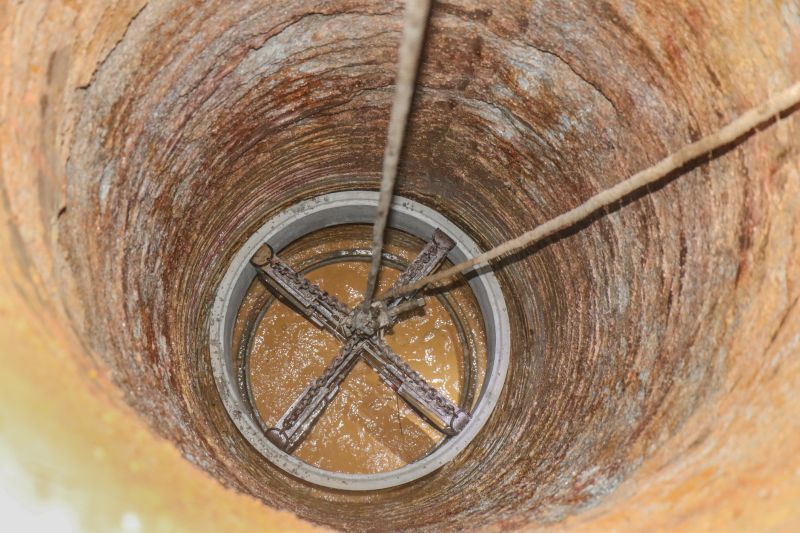Well Services Overview for Property Owners
This page explains well services and helps compare local contractors to find the right service providers for your needs.
- - Well service providers for residential properties seeking routine maintenance or repairs.
- - Local contractors specializing in well system installation, upgrades, or troubleshooting.
- - Property owners needing assistance with well pump repairs, inspections, or system servicing.



Well services encompass a range of tasks involved in extracting, managing, and maintaining underground water supplies. Property owners often seek assistance from local contractors who specialize in well drilling, repair, and maintenance to ensure their wells operate efficiently and reliably. These professionals handle everything from installing new wells to diagnosing and fixing issues such as low water flow, contamination, or equipment failure, helping to keep water systems functional and safe.
Connecting with experienced local service providers can simplify the process of addressing well-related needs. Whether dealing with a new well installation or ongoing maintenance, property owners can expect knowledgeable contractors to assess their specific situations, recommend appropriate solutions, and perform the necessary work. This approach ensures that well systems are properly managed, supporting consistent access to water and the overall integrity of the property’s water infrastructure.
This guide provides helpful information to understand well services and the types of work involved. It assists in comparing local service providers and understanding what to share when reaching out. The goal is to help visitors make informed decisions and find suitable local contractors for their needs.



